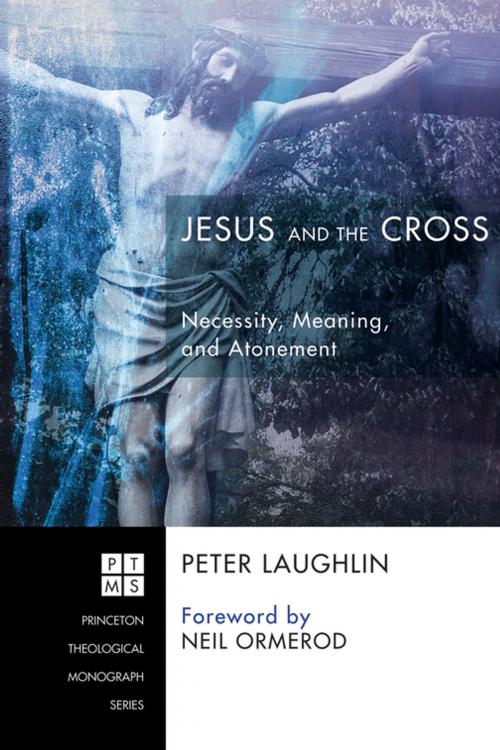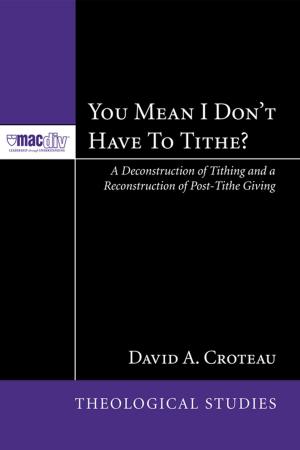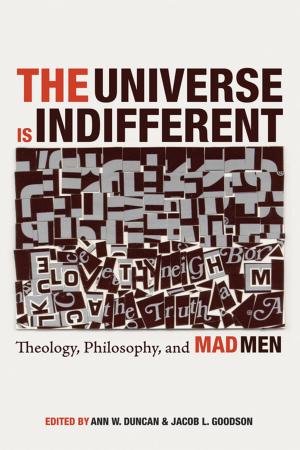| Author: | Peter Laughlin | ISBN: | 9781630875169 |
| Publisher: | Wipf and Stock Publishers | Publication: | August 12, 2014 |
| Imprint: | Pickwick Publications | Language: | English |
| Author: | Peter Laughlin |
| ISBN: | 9781630875169 |
| Publisher: | Wipf and Stock Publishers |
| Publication: | August 12, 2014 |
| Imprint: | Pickwick Publications |
| Language: | English |
According to the Nicene Creed, Christ died for us and for our salvation. But while all Christians agree that Christ's death and resurrection has saving significance, there is little unanimity in how and why that is the case. In fact, Christian history is littered with various accounts of the redemptive value of Christ's death, and new models and motifs are constantly being proposed, many of which now stand in stark contrast to earlier reflections. How then should contemporary articulations of the cross's saving significance be judged? At the heart of this book is the contention that Christian reflection on the atonement is faithful inasmuch as it incorporates the intention that Jesus himself had for his death. In a wide-reaching study, the author draws from both classical scholarship and recent work on the historical Jesus to argue that not only did Jesus imbue his death with redemptive meaning but that such meaning should impact expressions of the cross's saving significance.
According to the Nicene Creed, Christ died for us and for our salvation. But while all Christians agree that Christ's death and resurrection has saving significance, there is little unanimity in how and why that is the case. In fact, Christian history is littered with various accounts of the redemptive value of Christ's death, and new models and motifs are constantly being proposed, many of which now stand in stark contrast to earlier reflections. How then should contemporary articulations of the cross's saving significance be judged? At the heart of this book is the contention that Christian reflection on the atonement is faithful inasmuch as it incorporates the intention that Jesus himself had for his death. In a wide-reaching study, the author draws from both classical scholarship and recent work on the historical Jesus to argue that not only did Jesus imbue his death with redemptive meaning but that such meaning should impact expressions of the cross's saving significance.















